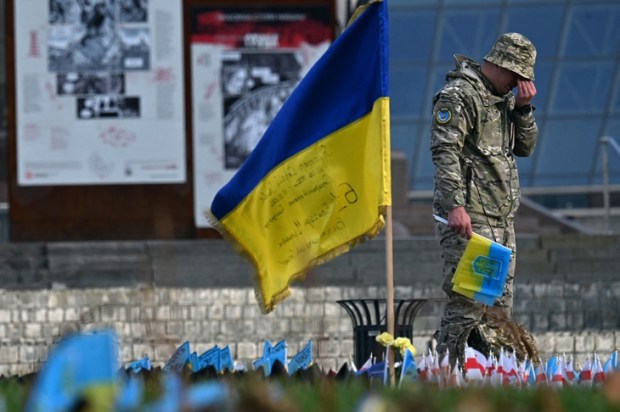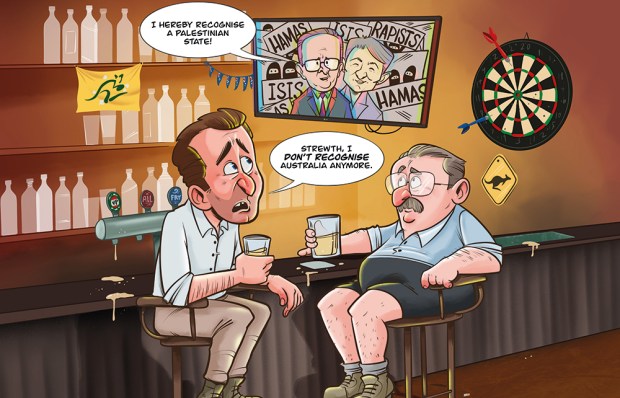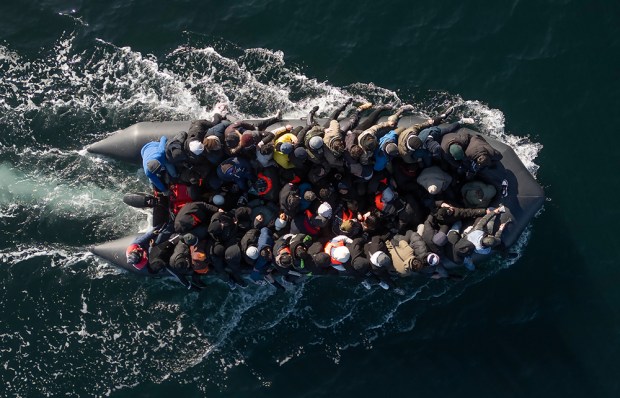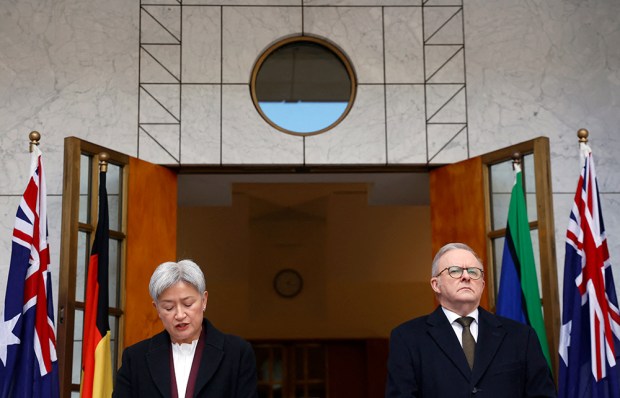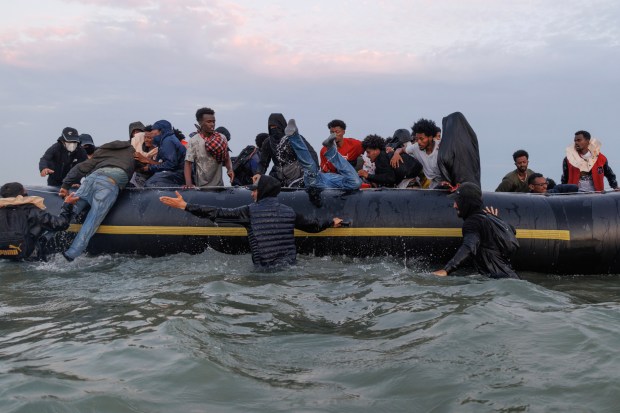In 2016, when my car broke down about 40kms across the southern Mali border, I asked my supply guy and interpreter if we had water. It was the middle of a West African summer. He said he’d forgotten. I responded by saying, ‘When I die, I want it to be heroic and action-packed.’ In that moment I was more concerned with dehydration than terrorists from al Qaeda in the Islamic Maghreb for want of something so basic and free as water… A golden rule when working in high-risk environments, and life in general, is that it is always the simple things that can kill you or save you. And so it was with the attempted assassination of former United States President Donald Trump. A simple lone loser, in a grey shirt and cargo pants, was able to shimmy onto a roof 130m from the stage carrying a rifle and shoot President Trump. He was no former Navy SEAL, Green Beret, Special Forces sniper, Spetsnaz, or John Wick. No military training. Yet this simple, social misfit evaded one of the world’s most elite protection units, the US Secret Service. It was the same when the late US President Ronald Reagan was shot on March 31, 1981, by John Hinckley – another unexceptional loner.
Often I’m asked for self-protection advice from people travelling to challenging places around the world. Although, with youth crime in Melbourne, you don’t have to go that far. Many want to learn cool, self-defence, Jason Bourne-type moves to disarm an attacker with a weapon or escape from being bundled into the boot of a car by kidnappers. Despite struggling to do a single push-up, to their disappointment, my advice is simple. Have enough situational awareness to spot the threat early and avoid it. Failing that, carry a sharp pencil; they can also come in handy for taking notes if you have a habit of forgetting things. Come to think of it, there is an urban myth that America spent millions trying to invent a pen that could write in space while the Russians used a pencil.
History is littered with examples of superior defence and military systems being beaten by smaller, weaker, and more simple opponents. For over 20 years in Afghanistan, the most technologically advanced military in human history was beaten by illiterate dudes in sandals with rusty AK-47s and cheap improvised explosive devices. The Taliban had no night vision, no drones, no blue-force tracker detection systems, no satellites, and no vanilla ice cream on Forward Operating Bases.
In May 1954, the Viet Ninh destroyed the French at Dien Bien Phu after General Vo Nguyen Giap mobilised a civilian workforce of all shapes, sizes, and ages to carry anti-aircraft guns onto the surrounding ridgelines overlooking the French positions. It was one of the worst defeats in French history.
Nearly all terrorist attacks since September 11, 2001, have been carried out by a loner or a bunch of guys with limited to no military training, often using nothing more than a car, knife, or cheaply made bomb. One of the sobering conclusions on the 2004 Madrid bombing from terrorism expert and US anthropologist Scott Atran in his work, Talking to Enemy, was that because these terrorists were so uncoordinated and lacked sophistication, they were able to evade detection by authorities. Atran explains our efforts are so fixated on technology at the expense of social intelligence, no matter how strange our adversary’s dreams might be to us. The most terrifying display of violence of psychological effect by ISIS was the use of a knife to behead people on YouTube.
It is an incredible indictment on the West that many remain so obsessed with their own brilliance that they are defeated by basic human factors. Constrained by governance and compliance, the West is so spoiled for wealth, technology, and complicated solutions that it is easy to sneer at simple solutions. Like a form of cognitive dissonance, the more we spend on complicated solutions, the more we are seduced into believing the billions spent on fancy equipment will save us. And here we are in Australia spending billions on nuclear-powered submarines, when it is highly likely their effect will be neutralised by something simple.
All of this reminds me of Gordon Siu’s beautiful metaphor where he said, ‘If you place in a bottle half a dozen bees and the same number of flies, and lay the bottle horizontally, with its base (the closed end) to the window, you will find that the bees will persist, till they die of exhaustion or hunger, in their endeavour to discover an (opening) through the glass; while the flies, in less than two minutes, will all have sallied forth through the open neck on the opposite side… It is (the bees’) love of flight, it is their very intelligence, that is their undoing.’
During the 2002 Millennium Challenge war games, US Marine Corp lieutenant Paul van Riper was brought out of retirement to lead the Red Team (a rouge Middle Eastern regime) and demolished the Blue Team (the US military). Van Riper didn’t fight fair. Run by Joint Forces Command, the Blue Team combined hundreds of military analysts and technical experts with an array of acronym-heavy frameworks and high-tech computer-generated modelling. Van Riper didn’t have access to such wizardry. The first aggressive act from Blue was to knock out Red’s microwave towers and cut their fibre optic cables. Van Riper used couriers on motorbikes with messages hidden inside Korans. His pilots used world war two lighting systems and he deployed tiny boats to find and fix Blue Team’s battleships. The Pentagon freaked and stopped the simulation. Too busy being the bees, the Blue team were easily defeated.
There are many lessons from history for how Australia defends itself. And many more people paid a lot more than you and I to come up with solutions. Yet from time to time, I still wonder how often I had ventured into Afghanistan, Northern Iraq, and some of the worst parts of the Congo, not knowing I’d forgotten the simplest things.
Dr. Jason Thomas (PhD)






